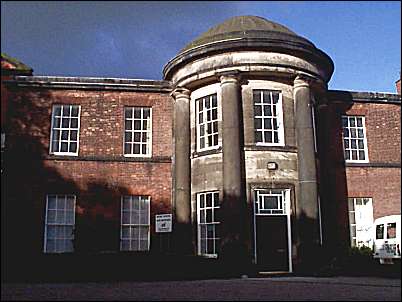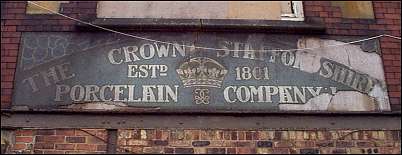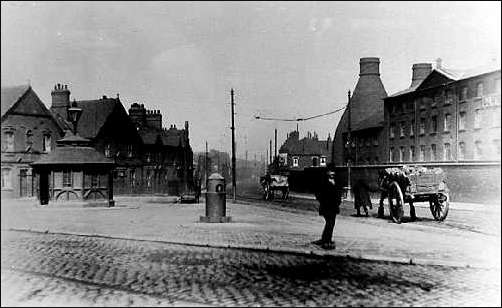|
Lane
Delph was home to two of the worlds most famous families of potters -
Spode and Mason.....
Lane Delph and Josiah Spode
Both Josiah Spode the
first
(1733-97) and Josiah Spode the
second
(1755-1827), were born in
Lane Delph.
Josiah Spode I is thought to have been employed in a
pottery until taken on as an apprentice by Thomas Whieldon in
1749. Leaving as a journeyman in 1754, he worked for William Banks
& John Turner (1738-86) at Stoke until 1761, when it is stated
that he worked his own pottery at Shelton.
Josiah Spode II also learnt the pottery trade and in
1775 became a dealer in earthenware, porcelain and glass, moving
to London in 1778; success necessitated a move to premises large
enough to be entitled on contemporary London maps as 'Mr Spode's
Warehouse'. On the death of his father, Spode II left his son,
Josiah Spode III and William Copeland in charge in London and
returned to Stoke, where he ran the pottery, becoming Potter to
H.R.H. the Prince of Wales after a royal visit in 1806.
Josiah
Spode II continued to have very close connections with the Lane
Delph area and
in 1790 became a partner in a coal mining business (Fenton
Park Colliery) with other Staffordshire potters. He lived at
Fenton Hall until 1803 when he started building “The Mount” at
Penkhull as a major house.

The Mount, Penkhull - home of
Josiah Spode II
|
Lane Delph and the Masons
Miles Mason began his
career in 1796 as a china importer in London, using his acquired
wealth as startup capital, he opened a pottery factory at Lane
Delph, Fenton.
In 1806, Mason’s
factory officially opened and became known as the Minerva Works.
Miles Mason's three sons managed this factory. Because the
Minerva Works was controlled by the Mason family, the factory soon
became known as “Masons.”

The Crown Staffordshire Porcelain
Company Ltd
operated at the Minerva works from 1889-1948

Coalport
operated at the Minerva works from 1985-2000
In
1813, Charles James Mason, the third son of Miles Mason, received
a patent for his “ironstone china.” This hardened earthenware
proved useful in the production of daily china, as well as
industrial strength tiles used in furnaces, fireplaces, and
flooring. Because of its exceptional durability, ironstone became
the most successful product sold by the Minerva Works factory.
Soon after the creation of ironstone, the Masons’ name became
popular throughout England and Europe.
Mason & Spode:
In 1815, Charles Mason married Sarah Spode, the granddaughter of
Josiah Spode. As a result of the familial alliance, the Minerva
Works acquired a second factory that was being held by the Spode
family in Fenton.

Fenton Pottery
Victoria Square, Fenton c.1915
the pottery works (Fenton Pottery) on the right was established in
1825 by the Mason brothers for the manufacture of their famous
Ironstone China. |


previous: maps and photos
of Lane Delph |
![]()